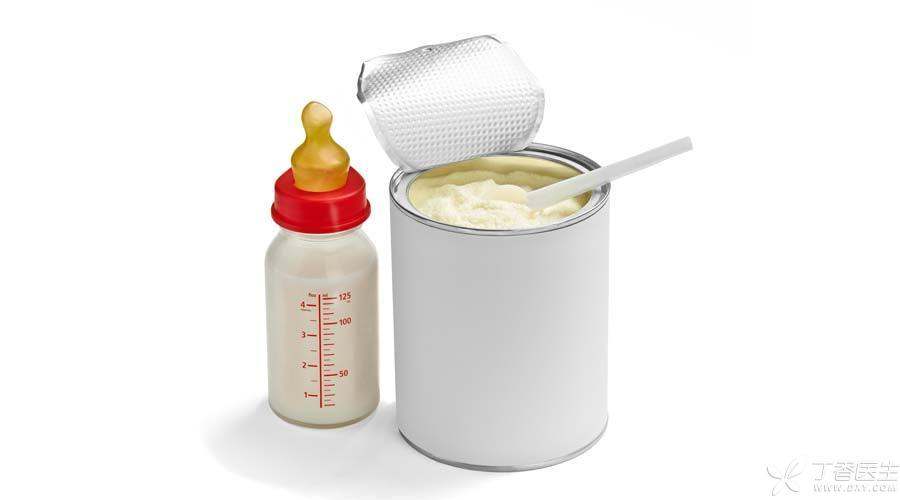
For babies, breastfeeding is the most ideal feeding method. However, due to various reasons, many mothers cannot continue to breastfeed their babies and have to choose mixed feeding or milk powder feeding.
No matter whether she is drinking milk powder or planning to choose milk powder for her, everyone has long been familiar with the nutritional formula, milk source and brand history of milk powder.
Today, Dr. Clove is going to talk about the [secret] of milk powder. You may not know these things. You know, there are some things that milk powder brands will not take the initiative to tell you.
Come and reveal the secret with Dr. Yun Wuxin.
Milk powder must be drunk until the age of 3?
Of course not.
Think carefully, [baby formula until at least 3 years old], is it mostly heard from advertisements?
All this is due to the successful marketing of milk powder brands.
In fact, from the age of one, the baby does not need to drink formula milk powder, but can drink fresh milk directly.
The baby starts to add supplementary foods about 6 months old, so that the baby starts to come into contact with all kinds of foods. Milk is the main source of nutrition (breast milk or milk powder) before the baby is one year old, so we need to pay attention to the daily milk intake.
After one year old, the baby’s main source of nutrition is a variety of foods, milk is only a part of them. Whether their nutrition is comprehensive and balanced depends on the whole diet. Daily baby’s milk demand does not necessarily need to be met by milk powder, but can be fresh milk, yogurt, cheese and so on.
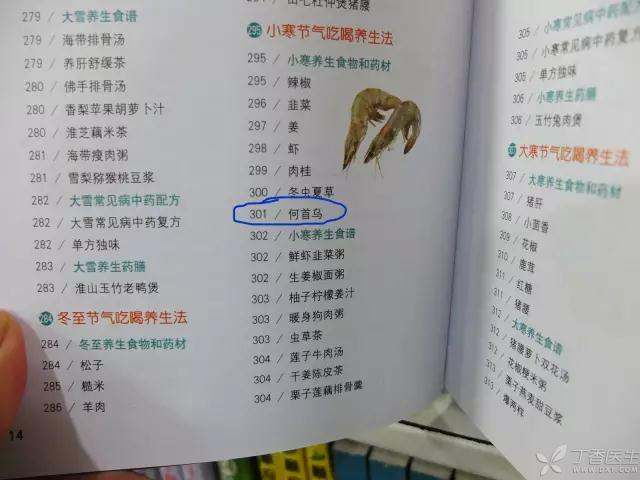
Babies have diarrhea after drinking breast milk, must they drink milk powder?
Not necessarily, there are many reasons for breast milk diarrhea, so don’t wean easily.
There are two main reasons for baby breast milk diarrhea:
Physiological diarrhea, baby’s intolerance to breast milk lactose, lack of lactase in the body, resulting in diarrhea;
The mother ate food containing allergens and did not fully digest the allergens herself. These allergens entered breast milk and the baby was intolerant of diarrhea after drinking milk.
If it is physiological diarrhea, the baby’s growth and development are not abnormal, and there is no discomfort such as crying and mental illness. It is just that the number of simple defecation is large or rare, which can not be handled. The baby will gradually adapt to the ingredients in breast milk and will gradually improve with the addition of supplementary foods.
If the diarrhea is caused by the mother’s diet, the first thing to do is to find out the allergen and stop eating it, and the allergen in breast milk will disappear within one month.
If the baby’s weight has only decreased but not increased and he is still in poor spirits, it is recommended to take the baby to the hospital for investigation instead of weaning the baby and eating milk powder without authorization.
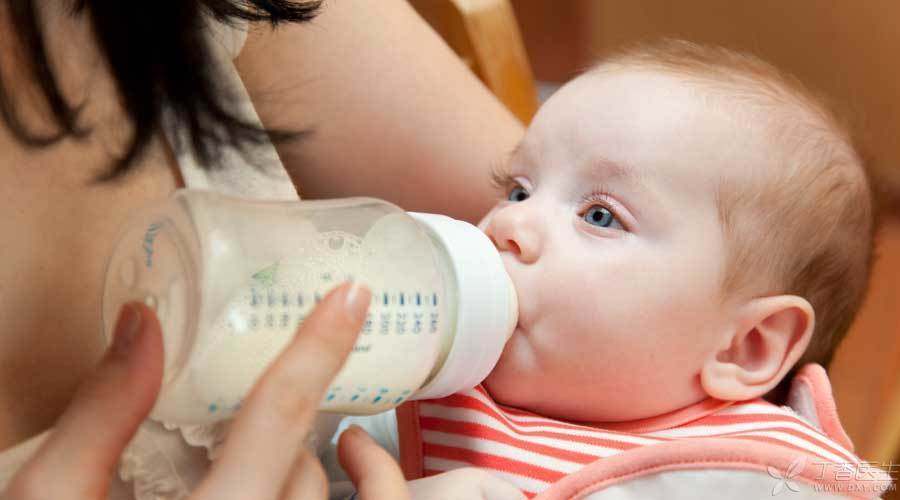
Babies are picky about food and drink more milk powder to supplement nutrition?
It is not recommended to treat the symptoms but not the root causes.
Many babies are more or less picky about food after adding supplementary foods.
It is necessary to know that each baby is picky about different foods and lacks different nutrients, and the nutrition in milk powder is fixed. Try to use milk powder to [supplement]. Finally, it may be that while [supplementing] the insufficient nutrients, it will also cause some nutrients to be excessive and still cannot reach [overall balance].
More often than not, with the hope of milk powder, parents and babies will rely on it and become more and more unable to correct the current situation of baby’s picky eating.
Milk powder seems to solve the urgent problem, but it cannot solve the problem in the long run.
If you can cultivate your baby’s good eating habits, there is no need to supplement it with milk powder.
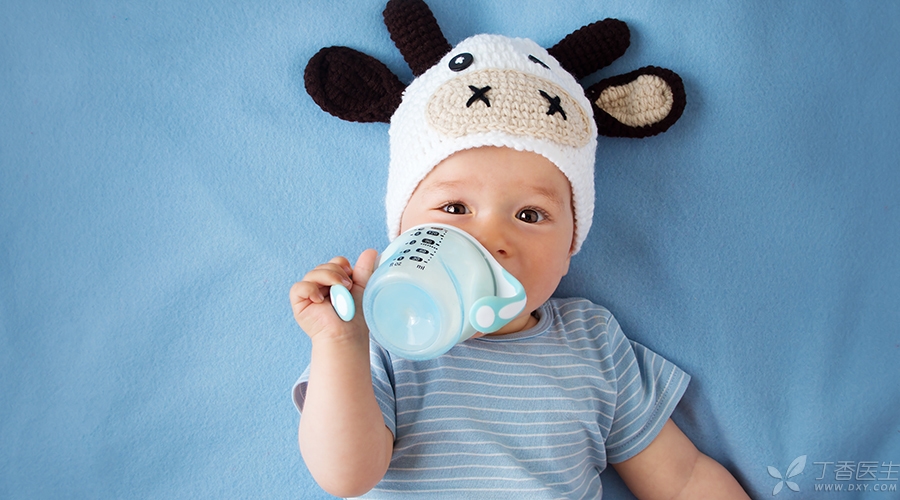
Do babies have to choose the number of segments according to their age when drinking milk powder?
It’s not that strict.
The so-called nutritional composition of [different segments of milk powder] in milk powder marketing is to meet the growth and development needs of infants of different ages, but the age limit of segments does not actually have much scientific basis, but is designed by various milk powder manufacturers according to their own understanding.
The number of segments of milk powder can be selected as follows:
1. Babies under 6 months old drink 1 segment of milk powder;
2. For babies over 6 months old, drink milk powder with the corresponding number or lower number;
3. Babies after 1 year old can drink fresh milk (or milk powder) directly.
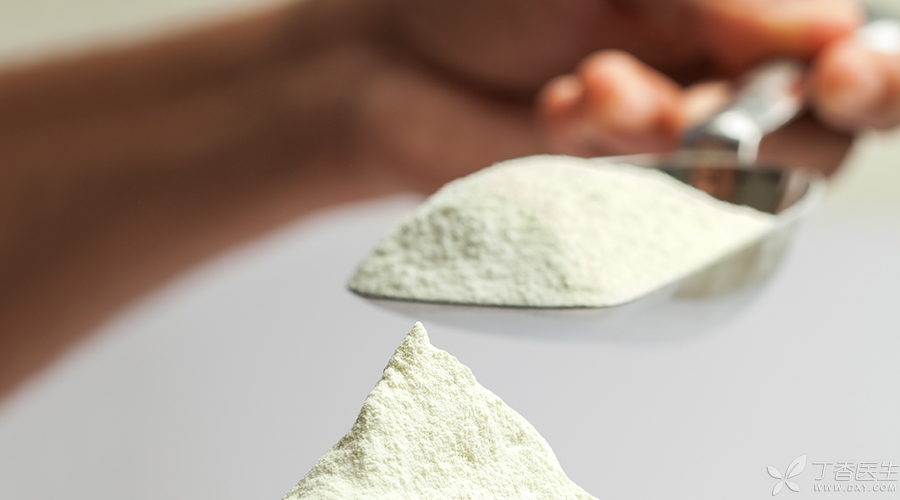
Baby has eczema, want to drink anti-allergy milk powder?
Not necessarily.
There are mainly two kinds of so-called [anti-allergy milk powder]: milk protein partially hydrolyzed formula milk powder, and milk protein deeply hydrolyzed formula milk powder or amino acid milk powder.
The following is a description of the product categories listed in the Appendix to the General Principles of Infant Formula Foods for Special Medical Purposes and the special medical conditions used:

These [anti-allergy milk powder] can indeed prevent or treat allergy, but they are only aimed at baby’s allergy to milk protein.
There are many causes of eczema in the baby, so it is necessary to investigate the causes of allergy, instead of blindly believing in advertising slogans to try for the baby.
Babies who eat milk powder are allergic. If it is confirmed that they are allergic to milk protein, they can consider replacing them with [anti-allergy milk powder];
If the baby who eats breast milk is allergic, the first thing to do is to find out the food that makes the baby allergic. The mother should avoid taking it, instead of deciding to stop breast milk all at once (consistent with diarrhea).
No matter what kind of [anti-allergy milk powder] it is, it belongs to special formula milk powder and has medical application, so you must consult a doctor before using it.

Goat milk powder is more nutritious than cow milk powder?
Not reliable.
There are some differences between goat’s milk and milk in some ingredients, but these differences do not constitute [more nutritious]. After making infant milk powder, the ingredients have been adjusted, and there is no substantial difference in meeting the nutritional needs of infants.
In Europe, goat milk protein has not even been approved to make infant milk powder.

Must Haitao milk powder be better than domestic milk powder?

It’s not.
From a nutritional point of view, the milk powder standards in different countries are the same. As long as they meet the standards, they can meet the nutritional needs of infants.
From the perspective of safety, people only [believe] foreign milk powder but do not trust domestic milk powder. At present, domestic milk powder is the world’s leading in technology, equipment and supervision, and the test results are no worse than imported milk powder, but consumer [confidence] cannot be established through test data.
If you want to buy imported milk powder, you can also buy legally imported products with confidence. The so-called [Haitao milk powder] is actually the most risky because of considerable uncertainty in logistics and channels.
Babies who eat formula milk do not need vitamin D supplements.
Not necessarily, depending on whether the VD content of milk powder and the baby’s intake meet the requirements.
Infants under 2 years old are recommended to supplement 400 IU of VD every day. VD is also one of the nutritional formulas of milk powder, and the VD content of milk powder of each brand is different.
Parents can calculate how much milk the baby needs to drink according to the content table behind the milk powder. If it is enough, there is no need to supplement VD. If it is insufficient, VD drops can be supplemented as appropriate.
